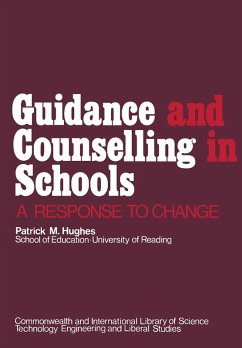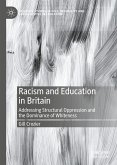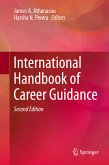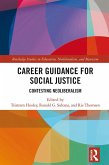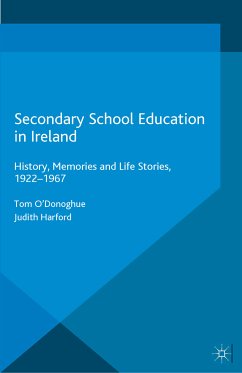This book is comprised of 12 chapters and begins with a historical overview of vocational guidance in Britain and an assessment of its current and future prospects. The next chapter focuses on the selection examination at 11-plus in secondary education as a major act of educational guidance in Britain, paying particular attention to the criticisms against it and changes in public attitudes toward the selection examination. The influence of social class on educational opportunity is also discussed, along with the trend toward social democracy in education. The remaining chapters explore the practice of classifying children by streaming on the basis of ability and aptitude; teaching and evaluation in the classroom; child-centered education; the child study movement; and the limitations of counseling.
This monograph should be of interest to parents, teachers, and students, as well as educational psychologists, school administrators, and policymakers.
Dieser Download kann aus rechtlichen Gründen nur mit Rechnungsadresse in A, B, BG, CY, CZ, D, DK, EW, E, FIN, F, GR, HR, H, IRL, I, LT, L, LR, M, NL, PL, P, R, S, SLO, SK ausgeliefert werden.

